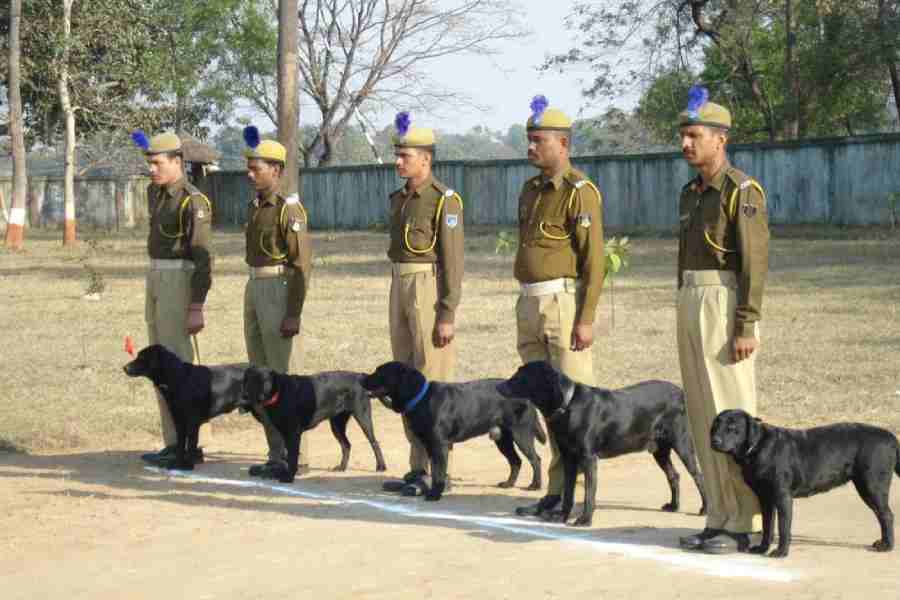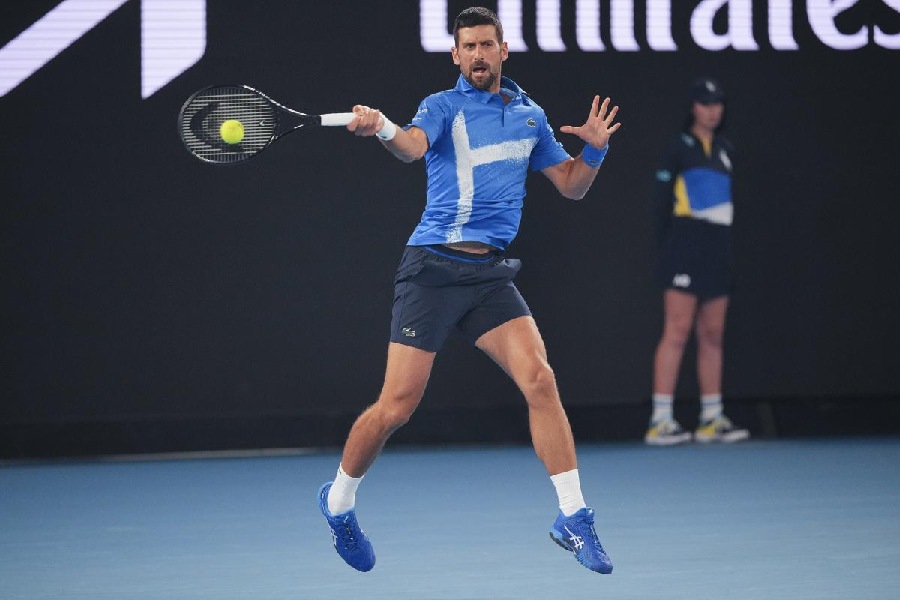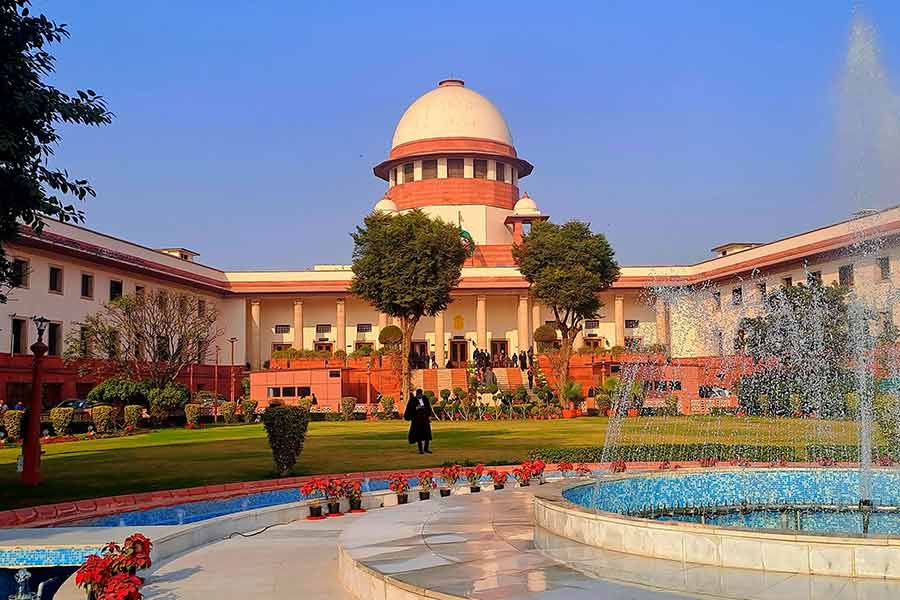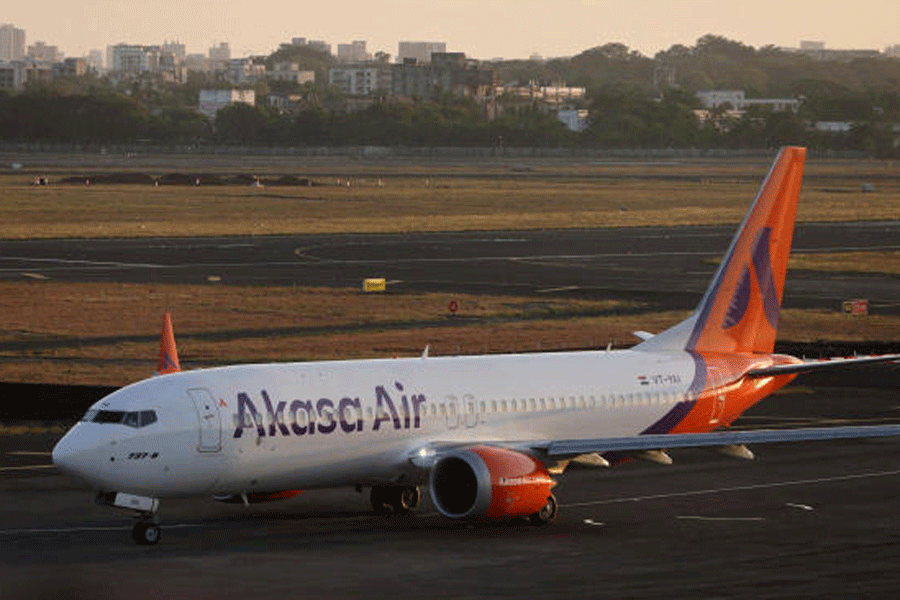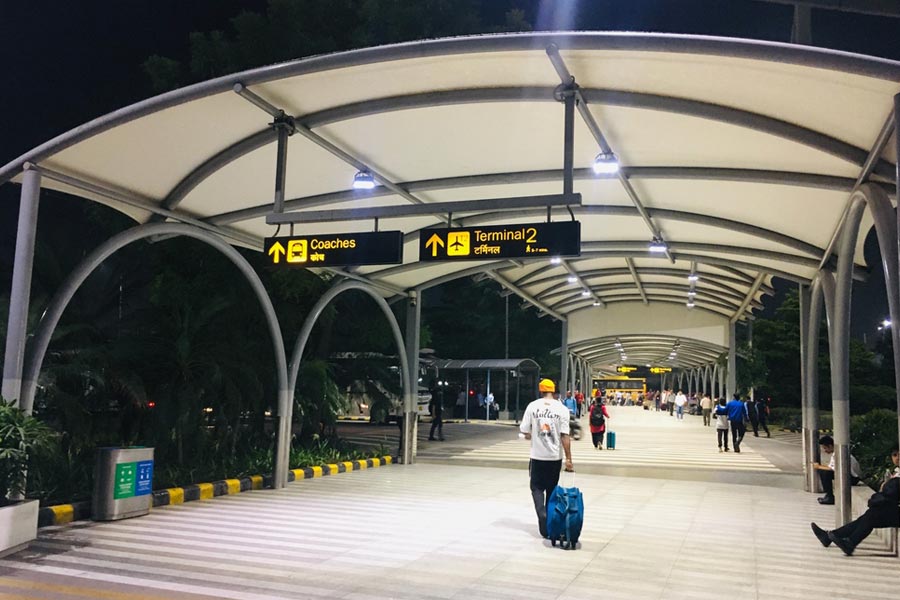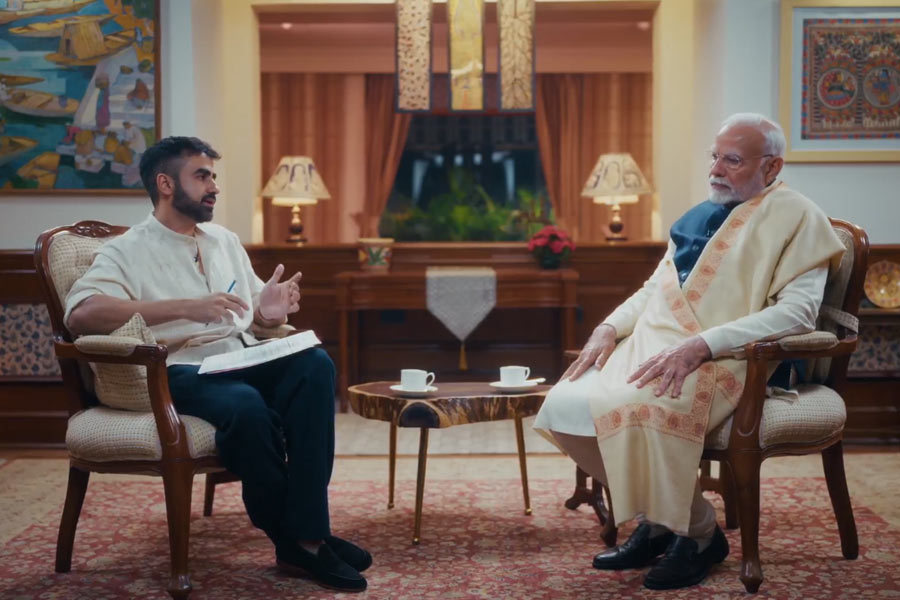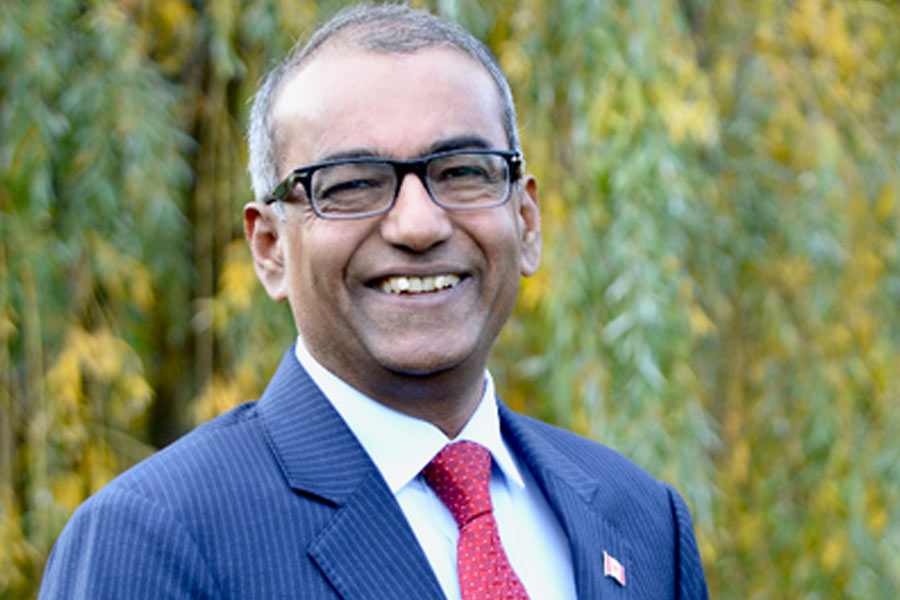For someone who spent her career protecting the country from terrorists, retirement is a time to look for the simple joys and companionship of family life she had missed out on.
Goli, an 11-year-old sniffer dog of the Labrador breed that had been part of the security detail at the Chhattisgarh chief minister’s bungalow, called it a day recently. She is now looking for an ordinary Indian home that will put her up and give her the love and care she deserves.
It’s what her employer, the CRPF, is hoping for too. The country’s largest paramilitary force has launched an online service for citizens to adopt retired sniffer and assault dogs and help them find a “new purpose in life: spreading love and joy”.
Never before has any Indian security agency offered up its trained canines for public adoption.
Goli is among 30 dogs from four breeds — Belgian Shepherd Malinois, German Shepherd, Labrador and the indigenous Mudhol Hound — that are ready to be adopted. The CRPF has posted their brief histories and photos on its website and declared the terms for adoption.
“The idea is to help these K9 police dogs find new homes and a purpose in life: spreading love and joy. It’s also a unique opportunity for families and individuals to provide a loving home to a patriot who has served the nation selflessly,” a CRPF official told The Telegraph.
He dismissed any worries that the assault dogs, which help with counter-insurgency operations, cannot be placed in homes with children.
“They have all been groomed by dog behaviour experts to ensure they adjust to a home environment,” the official said.
For instance, the website profile of Zina – a female Belgian Shepherd Malinois, a breed often perceived as intelligent but fierce – says she is “loyal with a balanced temperament, making her an ideal companion for families looking for a protective yet gentle dog”.
Goli and Zina – like Zombie, Bella, Sweety, Magic, Cruiser, Stroll and their other colleagues — are trained in various sniffer and combat streams such as explosive detection and tracking, infantry patrol and assault. Aged 8 to 13, they have undertaken hundreds of operations against insurgents across the country, protecting troops from mines and ambushes.
The CRPF has laid down strict conditions for adoption.
The adopters must provide proper accommodation with space for leisure and walks, quality food, and prompt veterinary care. There should be no abuse or ill-treatment and the dogs must not be sold, used for any purpose to earn money or for breeding, or be deployed against people.
The adopters must also allow period inspections by CRPF officers and provide any information whenever sought. The CRPF should also be allowed to conduct “periodic verification” of the adopted dogs, including regular communication with their handlers through short videos and live videoconferencing.
If the CRPF feels the canines are not being accorded the dignity and compassion they deserve, or the adopter has violated any condition, it reserves the right to take them back.
CPRF sources said the adoption was free. A would-be adopter can check the force’s website for the basic details and pictures of the dogs up for adoption. They can then fill in a form stating their “motivation and intent” for adopting a retired police dog, and describe how they plan to engage it -- like a companion, guard or therapy dog -- along with details of the proposed accommodation.
A “compatibility meeting” between the would-be adopter and the dog will be organised at the designated camp where the retired canine is housed.
The force, as part of this adoption process, will sign a “legally binding” agreement with the adopter and provide a Kennel Club of India registration certificate, medical and vaccination records, and other vital documents of these canines.
So far, the CRPF has given away its retired canines to “registered NGOs” or other reputable organisations.
India’s army has an old-age home for retired dogs but also allows adoption by their handlers.
Army sources said dogs that have won gallantry awards, bestowed for “individual acts of exceptional devotion to duty or courage”, have always been looked after well following retirement.
Award-winning dogs are paid between ₹15,000 and ₹20,000 a month, to be spent on their food and medical expenses.
In the US and Britain, military dogs are either put up at old-age homes or adopted, mostly by their handlers or other serving or retired military officers.
Additional reporting by PTI

